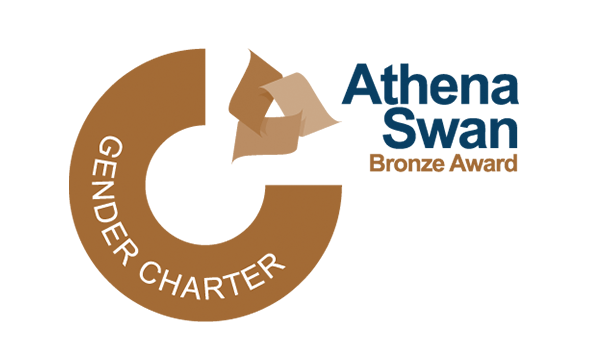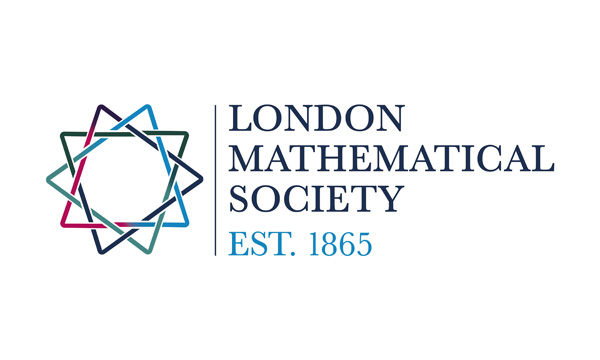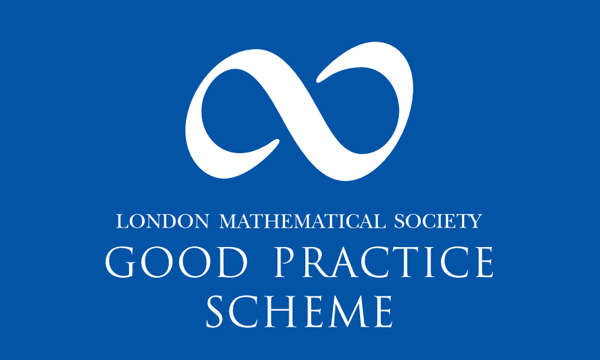Functor categories for groups
Friday 22nd September 2023, Room 102, Senate House, University of London, Malet St, London (in person only). Organiser: Nadia Mazza (Lancaster).
Speakers
All talks will be held in person, in Room 102, Senate House, University of London, Malet St, London WC1E 7HU. The meeting will run from 1pm-5pm.
- 13.15-14.15: Rachel Camina (Cambridge), Coverings of groups
- 14.25-15.25: Monika Kudlinska (Oxford), On profinite properties of free-by-cyclic groups
- 16.00-17.00: Mark Grant (Aberdeen), Equivariant cohmological and geometric dimensions
To register for the event or to receive the talk links, please email the organiser Nadia Mazza (n.mazza@lancaster.ac.uk).
The FCG Research Group is supported by an LMS Joint Research Groups in the UK Scheme 3 grant. This meeting is also supported by the EPSRC. Limited funding is available for PhD students, allocated on a first come first served basis.
For UK-based mathematicians with caring duties the LMS has a Caring Supplementary Grant scheme which allows participants of meetings like ours to apply for help covering caring costs.
Abstracts
- Rachel Camina (Cambridge), Coverings of groups
Suppose G is a group, a covering of G is a set of proper subgroups whose union is G. The study of coverings of groups has a long history. In 2017, after an FCG meeting, I was asked a question about coverings of finite p-groups. We now have an answer. I will talk about how we reached this answer and how we were led to the infinite world of pro-p groups. - Monika Kudlinska (Oxford), On profinite properties of free-by-cyclic groups
A central question in Geometric Group Theory is to determine how much algebraic information is encoded in the set of finite quotients of a given group. Much work has been done towards solving this problem for fundamental groups of 3-manifolds. In this talk, we will focus our attention on a related family of groups known as free-by-cyclic groups, which have natural connections with 3-manifolds. We will see that many properties of free-by-cyclic groups are invariants of their profinite completion. As a consequence, we obtain various relative profinite rigidity results, including the almost profinite rigidity of generic free-by-cyclic groups amongst the class of all free-by-cyclic groups. This is based on joint work with Sam Hughes. - Mark Grant (Aberdeen), Equivariant cohmological and geometric dimensions
Suppose a group \Gamma acts on another group G by automorphisms. There are various ways to define the “equivariant dimension” of the \Gamma-group G, some geometric and some cohomological. In this talk I’ll give an overview of these equivariant dimensions, focussing on examples for which the different dimensions do not coincide. Based on joint work with Kevin Li, Ehud Meir and Irakli Patchkoria.




